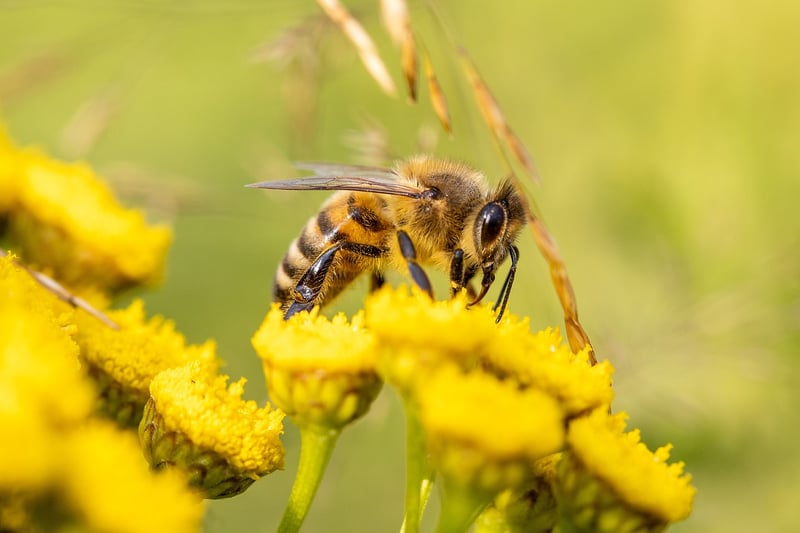Bee-Friendly Plants
Promoting Biodiversity in Cities: Bee-Friendly Plants
In urban environments where green spaces are limited, promoting biodiversity is crucial for sustaining healthy ecosystems. One way to support biodiversity, specifically the declining bee population, is by planting bee-friendly plants in cities. Bees play a vital role in pollinating plants, including many crops that humans rely on for food.
Why are Bees Important?
Bees are essential pollinators that facilitate the reproduction of flowering plants. They help plants produce fruits and seeds by transferring pollen between flowers. This process is necessary for the growth of new plants and the continuation of many plant species.
Benefits of Bee-Friendly Plants
- Provide a food source for bees
- Support pollination of plants
- Enhance urban green spaces
- Promote biodiversity in cities
Top Bee-Friendly Plants for Urban Gardens
- Lavender - Produces fragrant flowers that attract bees
- Wild Bergamot - Native plant with pink flowers bees love
- Sunflowers - Large blooms full of nectar and pollen
- Goldenrod - Late-season bloomer providing bees with food in fall
How to Create a Bee-Friendly Garden
To promote biodiversity and support bees in urban areas, consider the following tips:
- Plant a variety of bee-friendly flowers
- Avoid using pesticides in your garden
- Provide a water source like a shallow dish with rocks for bees to drink
- Include native plants in your garden to attract local bee species
By incorporating bee-friendly plants in city gardens, individuals can contribute to the conservation of bees and other pollinators while creating vibrant green spaces in urban landscapes.

Image Source: Pixabay
